Hello lovely students! Reflexive pronouns are perhaps one of the trickiest things to learn in the English language. Questions on when and how to use myself, yourself, himself and so on, come up often in lessons and in everyday conversation.
In English grammar, reflexive pronouns act as a way to stop repeating the subject if it is the same as the object. Take a look at the article below on how reflexive pronouns are used.
What are the reflexive pronouns?
What verbs do we use with reflexive pronouns?
How do we use reflexive pronouns?
Common errors to avoid when using reflexive pronouns
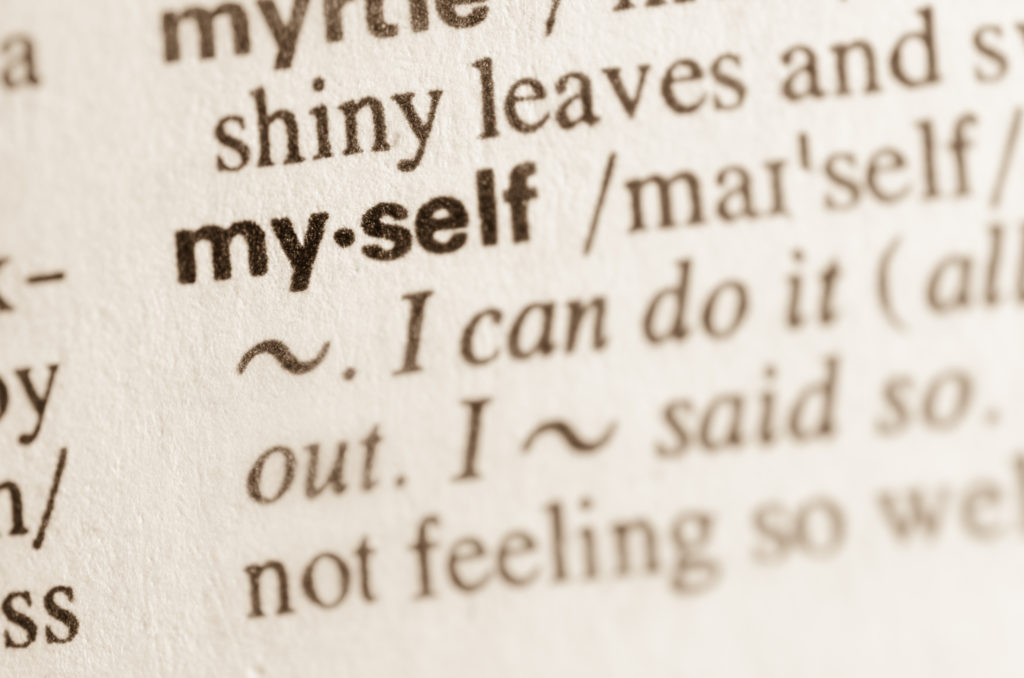
What are the reflexive pronouns?
As mentioned earlier, reflexive pronouns are used when the subject and direct object of the sentence are the same person.
In total there are nine reflexive pronouns in the English language. Look at the table to see which reflexive pronoun we use for each subject.
| Personal pronoun | Reflexive pronoun |
| I | myself |
| you | yourself |
| he | himself |
| she | herself |
| it | itself |
| we | ourselves |
| they | themselves |
| you (plural) | yourselves |
| one | oneself |
All of the reflexive pronouns end in self or selves. Similarly to personal pronouns, reflexive pronouns can be categorised into first-person, second-person and third-person.
Myself, yourself, himself, herself, itself and oneself are all singular reflexive pronouns.
Themselves, yourselves and ourselves are typically plural reflexive pronouns.
Let’s take a look at some of these and other reflexive pronouns in more detail.
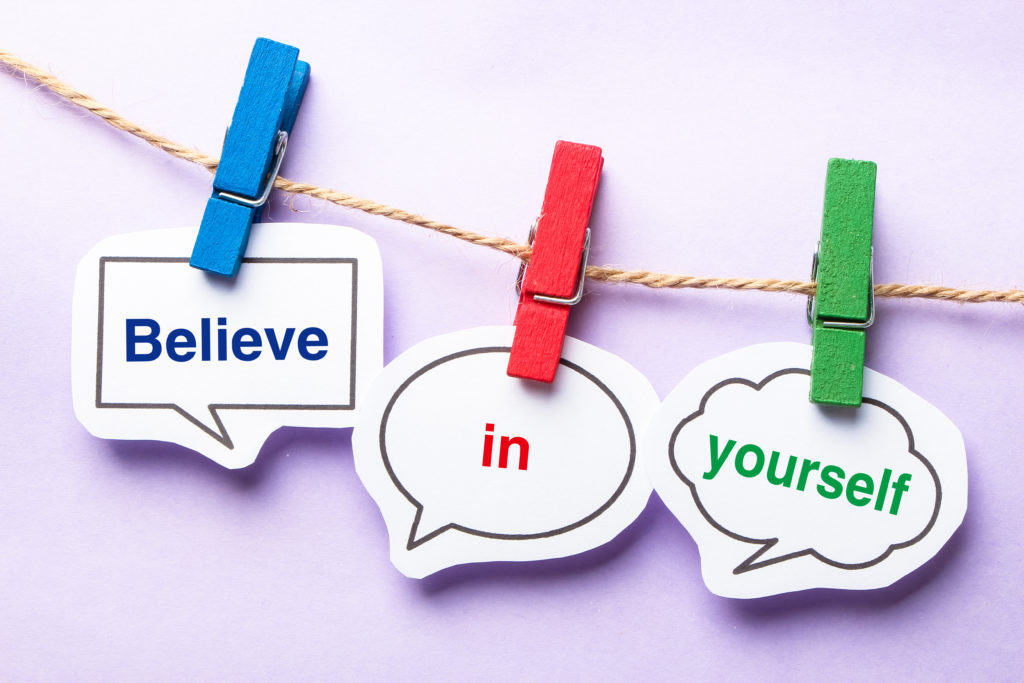
Oneself
If this word confuses you, do not worry. It is rarely used anymore, but on occasion, it does appear it’s best to know about it.
All oneself means is one’s own self. It is for the barely used personal pronoun one. For example, let’s take a look at these sentences.
It’s important to feel good about oneself.
Do not overindulge oneself.
These translate into it’s important to feel good about one’s own self and do not overindulge one’s own self.
They both sound strange as they aren’t used commonly.
One, for instance, is nobody in particular, but rather someone general. When it is used in a sentence it means it’s for all humans.
However, as mentioned previously, this is rarely used now and it is fairly old English. We are much more likely to use yourself in place of oneself for humans in general now.
It is important to feel good about yourself.
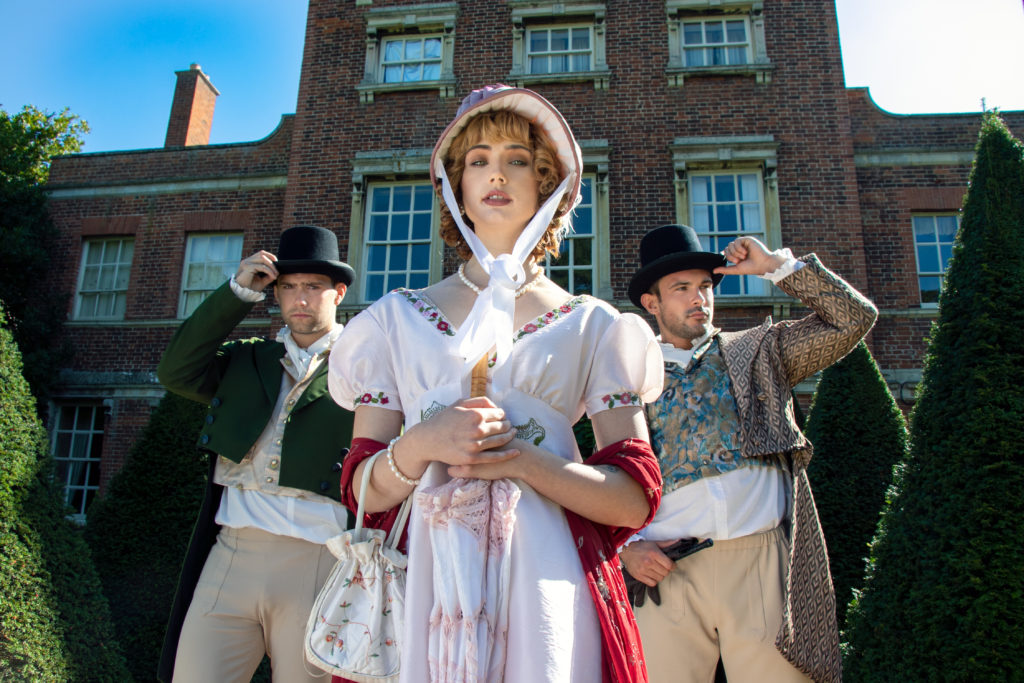
Themself
Peculiarly, this reflexive pronoun does not appear as one of the key nine. But that doesn’t mean it is not used.
In English, we use they for a singular person whose gender is not specified. This has been around for centuries and it is not a modern term.
Here is an example: if someone wants to push themself to do better, they should have the chance to.
Themself is also used directly for people who identify as non-binary or without a gender.
Kim prepared themself for the meeting they were about to have.
This use is becoming increasingly more common in English grammar and, as English is a living language and constantly evolving, themself may be added as a reflexive pronoun in the near future.

What verbs do we use with reflexive pronouns?
Transitive verbs are commonly used with reflexive pronouns. Transitive verbs are verbs that take an object such as the phrase she gave me a book.
Common transitive verbs that we use with reflexive pronouns are in the table below.
| enjoy | satisfy |
| control | hurt |
| prepare | introduce |
| help | stop |
| cut | blame |
Some examples of these in use are in the writing below.
I really enjoyed myself at the party last night.
He controlled himself and didn’t have another cup of coffee.
Did you prepare for the meeting yourself?
He helped himself to the biscuits, which was perfect for me because I don’t like hosting.
We cut our hair ourselves!
I satisfied myself with my witty remark.
They hurt themselves accidentally.
Shall we introduce ourselves to the new clients?
It is best to stop oneself before it is too much.
He could only blame himself. Afterall, he caused the problem.
Take 5: can you think of another transitive verb to use with reflexive pronouns? Write examples in the comments below.

How do we use reflexive pronouns?
English reflexive pronouns have four key usage types. Here are all of them.
1) When the subject of a sentence is the same as the object pronoun
We use reflexive pronouns in this way when the antecedent (which is a word or phrase a pronoun refers back to) refers to the object pronoun, meaning the subject and the object are the same person.
Take this example for instance.
Clara taught herself how to play football.
Here Clara is the only person. This means Clara taught Clara to play football. No one else did.
If we write this instead, Clara taught Jess how to play football, we cannot use a reflexive pronoun as the personal pronoun and the object pronoun are not the same and do not reflect the same person.
2) With the preposition by to indicate being alone
This second use emphasises when a person is alone for a brief or long period.
I’m going to see June. She is all by herself in the bakery.
Last year he was by himself as he was on a mission.
3) With the word by to indicate doing an action without assistance or guidance
We also use the preposition by for this use. We use this structure when someone does something, usually with success, alone.
Erin managed the staff all by herself
Ranbir wrote the song himself.
Please note that for extra emphasis on being alone or doing something alone with reflexive pronouns, we add the word all before by.
An example is: The children did it all by themselves.
This just puts more emphasis on the reflexive pronoun.
The verbs clean, dress and wash are used a lot with this use, particularly when it is not usual for the subject to do these things.
Inez dressed herself today. I am so happy she did it. Afterall, she’s only three!
After spending 2 months in a leg cast after breaking his leg, Adam was relieved to be able to wash himself properly.
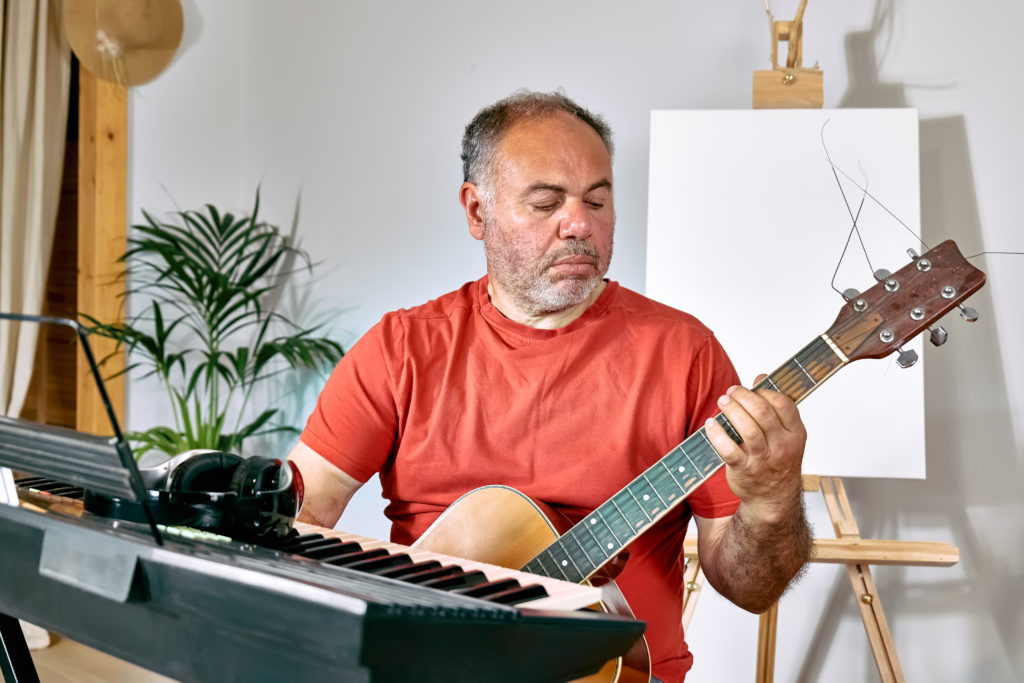
4) To emphasise the subject
This is the last use. Sometimes in English, we use the reflexive pronoun at the end of a sentence to intensify what the subject has done or who the object is.
This is sometimes known in English as an intensive pronoun rather than a reflexive pronoun but it has the same form. You can spot the difference between intensive pronouns and reflexive pronouns as often intensive pronouns are not needed for the sentence to make sense, whereas reflexive pronouns are.
Let’s take a look at these sentences.
I received a like on Twitter from Elon Musk himself.
She spoke to The Queen herself.
The reflexive pronouns are not needed for these sentences to make sense. We can eliminate the reflexive pronouns altogether as per these examples.
I received a like on Twitter from Elon Musk.
She spoke to The Queen.
Both of these make sense. The intensive pronoun however is just used for emphasis.

Take 5: Can you think of more examples?
Now that this has been clarified, let’s take a look at common errors to avoid.
Common errors to avoid when using reflexive pronouns
Here are some common errors to watch out for.
1) Do not use the verb relax with any reflexive pronoun
The verb relax is intransitive. As we know from before, reflexive pronouns are used mostly with transitive verbs.
Sentences such as I relaxed myself at the weekend should therefore simply be I relaxed at the weekend.
2) Confusing yourself and yourselves
A really common mistake is confusing yourself and yourselves. They are not the same words and do not have the same meaning. Just remember, yourself is for one person and yourselves is for two or more people.
Did you do it yourself? (singular you)
Did you do it yourselves? (plural you)
Please remember this as it is incorrect otherwise.
3) Using the reflexive pronoun in place of an object pronoun
Only use a reflexive pronoun if the subject and direct object refer to the same noun.
A person like him might be good for our cricket team.
A person like himself might be good for our cricket team.
A person and himself do not refer to the same noun. The first sentence is correct of these two.
4) Using a reflexive pronoun where reciprocal pronouns are needed
We tend not to use reflexive pronouns in place of reciprocal pronouns such as each other or one another. Reciprocal pronouns are used when the actions between two or more people are reciprocated.
Take these sentences.
Sabrina and Jurie didn’t like each other – this means that Sabrina did not like Jurie and Jurie did not like Sabrina.
Sabrina and Jurie did not like themselves – this means that Sabrina did not like Sabrina and Jurie did not like Jurie.
Can you see the difference? Let’s try another example.
Matteo and Penelope got one another birthday presents – Matteo got Penelope a birthday present and vice versa.
Matteo and Penelope got themselves birthday presents – Matteo got himself a birthday present and Penelope got herself one.
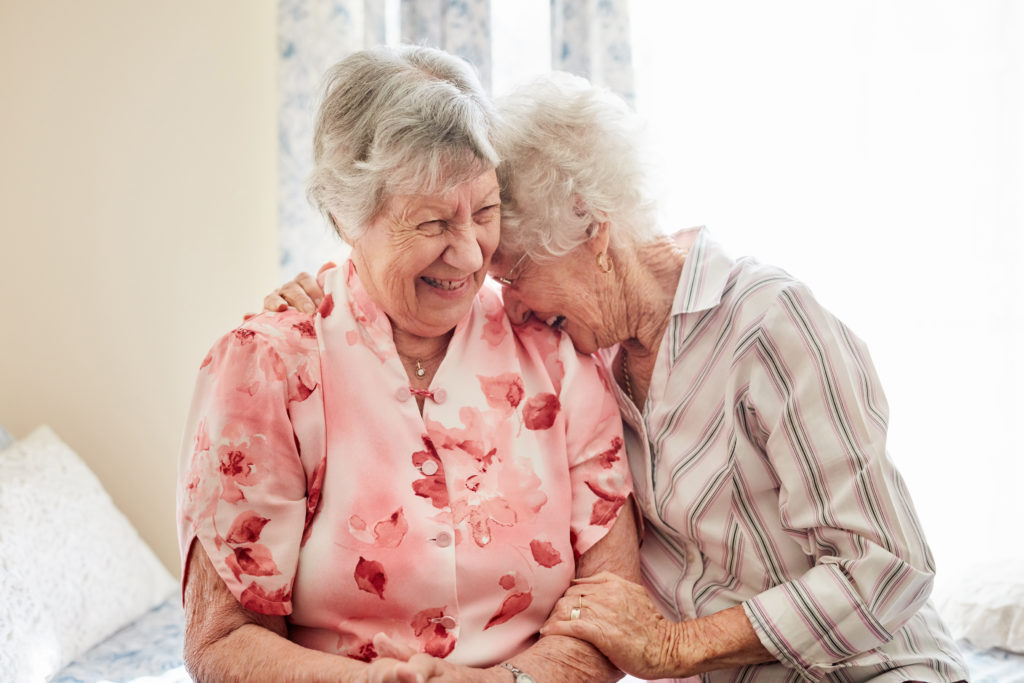
Take 5: re-read these common mistakes and take note.
Is that everything?
Absolutely not! If you want to know more about reflexive pronouns, watch the video below on my channel English with Lucy.